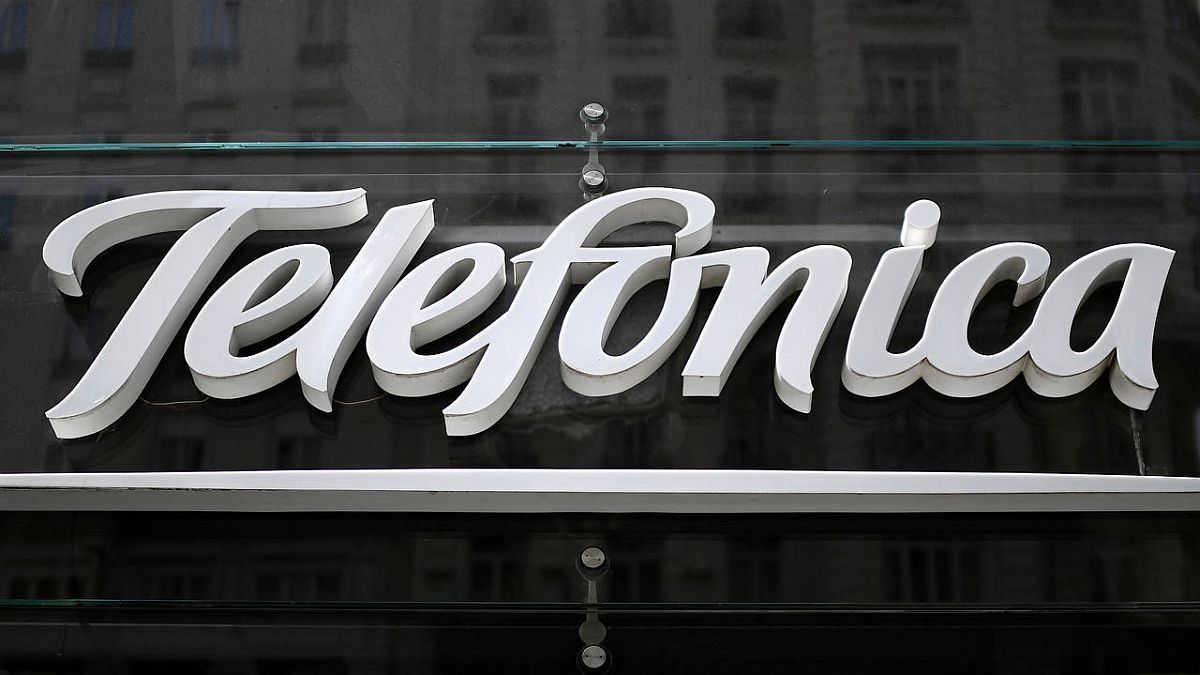Investors were surprised by the unexpected departure of José María Álvarez-Pallete. In the market they claim that the successor has little experience in the field and was appointed for political reasons.
Telefónica shares fell almost 3% on Mondaywith investors wary of political interference after the unexpected dismissal of its executive president at the request of the Government. The market sees little experience in the successor.
The content you want to access is exclusive to subscribers.
In an extraordinary meeting held on Saturday, the board of directors of Telefónica decided replace the executive president, José María Álvarez-Pallete, with Marc Murtra, president of the defense company Indra, at the request of the State Society of Industrial Participations of Spain (SEPI), which owns a 10% stake in the telecommunications giant.


“Bringing in an executive with limited telecommunications experience and what appears to be a political appointment without undertaking a broader market search is not necessarily in the best interest of the company at first glance,” wrote analyst James Ratzer of NewStreet Research in a note to investors. Murtra, who until now ran Indra, a stake in 28% by the State, held a position in the Government between 2008 and 2011.
Borja Sémper, deputy and spokesperson for the conservative Popular Party in the opposition, criticized the measure as “an assault” on the company. Telefónica and the Government declined to comment.
The Spanish government bought part of Telefónica before the entry of STC
Álvarez-Pallete’s mandate, which began in 2016, was due to be renewed this year at the annual general meeting of shareholders that is usually held in April or May. It is also worth remembering that the Government of the socialist president, Pedro Sánchez, ordered the purchase of a 10% stake worth about €2.3 billion ($2.4 billion) in Telefónica through SEPI last May to counter the acquisition of a similar stake by Saudi STC at the end of 2023.
The acquisition gave the State a seat on the board of Telefónica, while STC has not yet gained a presence on the board. The Government did not approve the participation of STC until November, after a long deliberation, since Telefónica is considered a defense services provider and a strategic company.
In recent years, Telefónica, like its competitors in Europe, has faced a profitability cut due to fierce competition and the need for heavy investments in infrastructure for next-generation 5G mobile technology. Despite the tough telecommunications environment, Álvarez-Pallete had set a goal of increasing cash flow to €5 billion in 2026 from €3 billion in 2023, focusing on fiber networks and digital services, and promised dividends. above 2023 levels.
Source: Ambito
David William is a talented author who has made a name for himself in the world of writing. He is a professional author who writes on a wide range of topics, from general interest to opinion news. David is currently working as a writer at 24 hours worlds where he brings his unique perspective and in-depth research to his articles, making them both informative and engaging.




